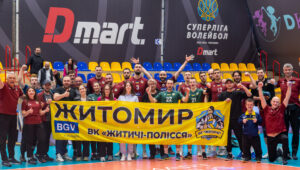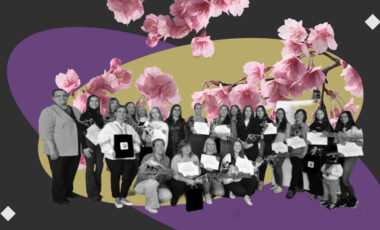Norway joins Baltic nations and Finland in restricting entry of Russian-registered cars

Photo: Wikipedia
Norway is the fifth European country bordering Russia that will restrict the entry of private cars with Russian license plates.
Norway's State Secretary, Eivind Vad Petersson, said the foreign policy department is currently working on new rules and restrictions on the entry of Russian cars into the country, Yle reports.
"Like Finland, Norway will introduce restrictions on the entry and use of cars with Russian registration," Petersson said. "We are currently studying how to do this and will quickly come back with effective measures."
Norway has so far banned imports from Russia but has allowed the temporary use of cars with Russian license plates. The Norwegian government also has not adopted a final position on the updated EU sanctions prohibiting the entry of Russian-registered cars.
Norway is not a member of the European Union but adheres to most of the block's sanctions introduced in response to Russian aggression against Ukraine.
The Barents Observer obtained data from Norway's immigration service showing that 6,300 people crossed the border with Russia in August this year — 23% more than in the same month of 2022. The northern Norwegian district of Finnmark recorded 646 cars with Russian registration in August 2023.
Norway and Finland, an EU member, share a 736-kilometer-long border and six roads with only random customs checks. Finland prohibiting the entry of cars with Russian license plates and Norway not joining this ban opens the doors for Russians to enter the EU territory.
The Barents Observer says many Russians are now traveling to Finland via Norway after Helsinki banned the entry of Russian citizens arriving on tourist visas last September.
After Finland's decision, the entire eastern border of the EU is now closed to Russian cars. Lithuania, Latvia, and Estonia have already joined the ban.
What we know about sanctions on cars with Russian license plates
In early September, the European Commission published an explanation of the long-established restrictions on importing and exporting goods to or from Russia. It clarified that cars and some goods fall under the ban, regardless of whether they are personal belongings of travelers.
Germany requested the explanation because it has not only restricted the entry of Russian cars but also confiscated them within the country since the end of June, local media reported.
The European Commission said that cars, phones, other equipment, and valuables may be confiscated from citizens of the Russian Federation when crossing the border with the European Union.
Lithuania warned that it will stop allowing Russian-registered cars, except for those traveling in transit to the Kaliningrad Oblast — Russia's semi-exclave on the Baltic Sea. Following Lithuania, Latvia announced the same decision.
Later, Estonia followed suit and also banned the entry of cars with Russian license plates, following the recommendations of the European Commission.
On September 16, Finland officially closed the border for cars with Russian registration.

























































